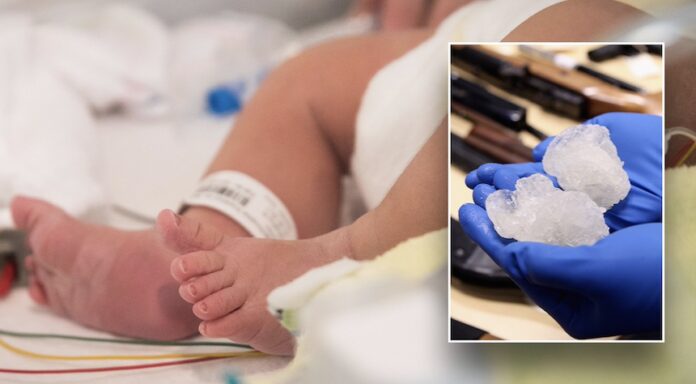Boston, Massachusetts hospital announced on Tuesday that it will reevaluate its process after finding Black mothers are more likely to be reported for child abuse or neglect if toxicology results come back positive. This is to avoid “structural racism.”
“Black pregnant women are more likely than white pregnant women to be tested for drugs and reported to child welfare services,” said Mass General Brigham.
Mass General said: “As part of our United Against Racism initiative to achieve health equity across our system for patients and communities, we… address policies that could unwittingly promote structural racism.”
The announcement was made to women who were pregnant and using drugs that could show up on fetal tests.
The announcement stated that “Substance Use Disorder (SUD)” is a condition that has significant racial/ethnic inequities. This is especially true in pregnancy when harsher approaches to substance abuse disproportionately impact Black people.
Mass General, to reduce the injustice, will, in the words of the hospital, “update policies which automatically trigger mandatory filings for child welfare agencies whenever a pregnant woman is undergoing treatment for substance abuse disorder, absent other concerns about potential abuse or negligence.”

Hospital officials stated that the automatic trigger policy for mothers who use drugs “disproportionately impacts patients from historically marginalized groups”.
The new policy states that reports should only be filed “if there is a reasonable belief that the infant suffers or is at imminent risk of suffering emotional or physical injury.” It also says that ‘ substance abuse’, such as treatment with buprenorphine or methadone for opioid addiction disorder, is not enough to warrant a report.
The updated policy reflects the focus we have on providing safe, equitable care to all patients. We were able to look inward to better understand how we contribute to stigma and inequality and work to correct them.
The hospital stated that its new policy was in line with the medical recommendations of the American College of Obstetricians and Gynecologists. ACOG opposes drug tests of infants or individuals without consent and discourages “the removal of parents from children solely because of suspected or confirmed substance abuse disorder.”
A doctor from the institution stated that the new policies were based on “sound scientific principles.”

“It requires a multi-pronged strategy to eliminate racial injustices and remove barriers to treatment. We will continue to improve access to our SUD programs throughout our organization,” stated Dr. Sarah Wakeman. She is a senior Medical Director for Substance Use Disorders at Mass General Brigham.
Wakeman said, “This policy reflects a growing consensus, based upon sound science. It is embraced by many of our peer institutions, and was developed with the help of a variety of partners.”
According to a spokesperson from the hospital, Mass General Brigham bases their policies on established medical practices and the latest scientific research. Our policy is clear: If there is a reasonable reason to believe that a child is suffering, or is at imminent risk of suffering, physical or emotional harm, we will continue reporting those cases, as we have always done.
In most cases, we now require written consent from pregnant women or infants for any toxicology tests. This change aligns with the American Society of Addiction Medicine’s (ASAM) Public Policy Statement. This policy update has been adopted by several health systems in the United States to ensure that families can access safe, effective, and evidence-based care.




